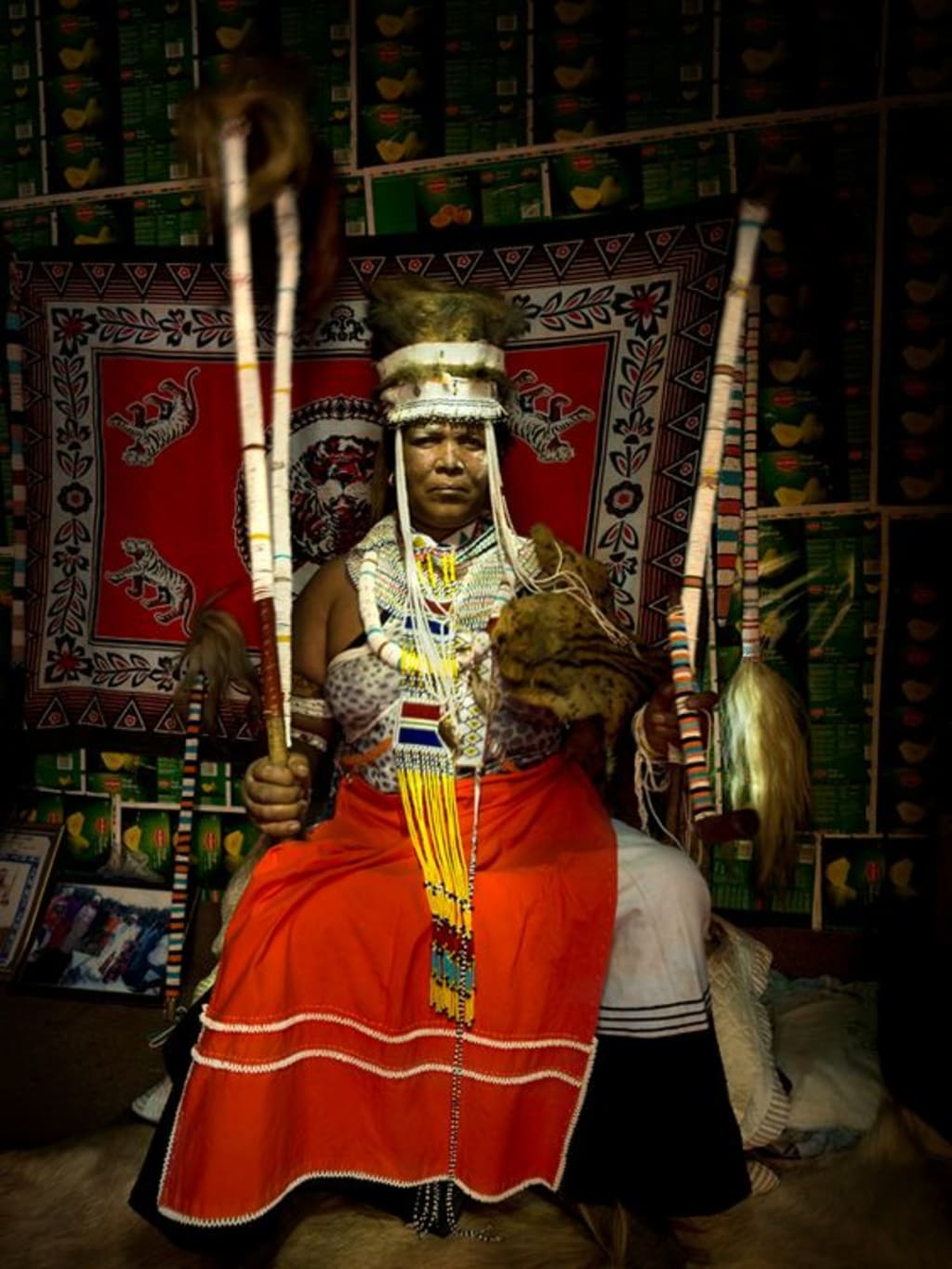Zulu Religion and Belief Systems: Unearthing the Spiritual Practices of the Zulu People
Exploring the Integral Role of Religion in Traditional Zulu Life and Culture

Zulu history is intricately woven with the fabric of religion, permeating every aspect of traditional Zulu life. From warfare to ceremonies, personal milestones to agricultural practices, religion has played a central role in shaping the beliefs and practices of the Zulu people. In this article, we delve into the spiritual world of the Zulu, examining their profound connection with their ancestors, their belief in a supernatural being, and the intricate components of their belief system. Join us on this enlightening journey as we explore the captivating realm of Zulu religion and belief systems.
The Ancestral Connection:
At the core of Zulu spirituality is the profound reverence for ancestors. The Zulu people believe that their ancestors hold the power to provide guidance and assistance, but only after proper propitiation through sacrificial offerings. Throughout Zulu history, sacrificial rituals have been performed to appease the ancestors, ensuring a connection between the living and the spirit world. The ancestors are seen as the source of help and wisdom, sought after in times of need and approached before important events.
Unkulunkulu: The Creator of All:
In addition to the ancestral veneration, the Zulu people also hold beliefs in a supreme being known as Unkulunkulu. According to Zulu mythology, Unkulunkulu emerged from a bed of reeds and is credited with the creation of various aspects of the world, including animals, nature, celestial bodies, and the elements. Unkulunkulu is revered as the ultimate creator and is seen as an omnipotent force that governs the universe.
The Essence of the Human Spirit:
Zulu beliefs extend beyond the realms of ancestral connection and supreme beings. They acknowledge the multifaceted nature of the human spirit, consisting of the body (umzimba), the soul (idlozi), the heart or feelings (inhliziyo), the brain or mind (ingqondo), and the shadow or personality (isithunzi). The Zulu people believe that the isithunzi, the shadow or personality, transforms into an ancestral spirit after death, but only after the ukubuyisa ceremony is performed to "bring back home" the spirit. Sacrifice plays a crucial role in maintaining a connection with ancestral spirits, serving as a bridge to seek blessings or express gratitude.
The Power of Sacrifice:
Sacrifice holds significant importance in Zulu religious practices. The Zulu people recognize two types of sacrifice: ukubonga, a thanksgiving sacrifice performed to express gratitude for favorable circumstances, and ukuthetha, a scolding sacrifice conducted when unexpected deaths or misfortunes occur. These sacrifices, often involving cattle or goats, follow strict rituals and protocols. The Zulu believe that adherence to these rituals ensures the efficacy of the sacrifice and the favorable response from the ancestral spirits.
Religious Transformations:
In the 20th century, the Zulu people witnessed a shift in religious practices, with many traditionalists embracing independent churches that blend Christian principles with ancestral reverence. One such church is the Ibandla lamaNazaretha, colloquially known as the Shembe church. Founded in 1911 by Isaiah Shembe, this church gained popularity among rural Zulu communities. The Shembe church incorporates distinctive beaded garments and vibrant song and dance as integral components of worship.
Preserving Zulu Spirituality:
Despite the influences of modernity and the diversification of religious practices, Zulu spirituality remains a significant aspect of the culture. The Zulu people take pride in preserving their religious traditions, passing them down through generations and integrating them into their daily lives. The rituals, sacrifices, and beliefs continue to shape the Zulu identity, fostering a deep sense of community and spiritual connection.
Zulu religion and belief systems are deeply rooted in the fabric of Zulu society, playing a vital role in every facet of traditional Zulu life. From their unwavering reverence for ancestors to their belief in a supreme creator, the Zulu people find solace, guidance, and a sense of belonging through their spiritual practices. The rituals, sacrifices, and religious transformations reflect the dynamic nature of Zulu spirituality, evolving while retaining its core essence. As we conclude this exploration of Zulu religion, let us celebrate the rich tapestry of beliefs that continue to shape the cultural heritage of the Zulu nation.
About the Creator
Ingrid Maibelo
Ingrid is a passionate writer and explorer of knowledge, sharing captivating articles on diverse topics. Unveiling mysteries and sparking curiosity, I invite you to embark on a journey of discovery through their thought-provoking pieces.





Comments
There are no comments for this story
Be the first to respond and start the conversation.